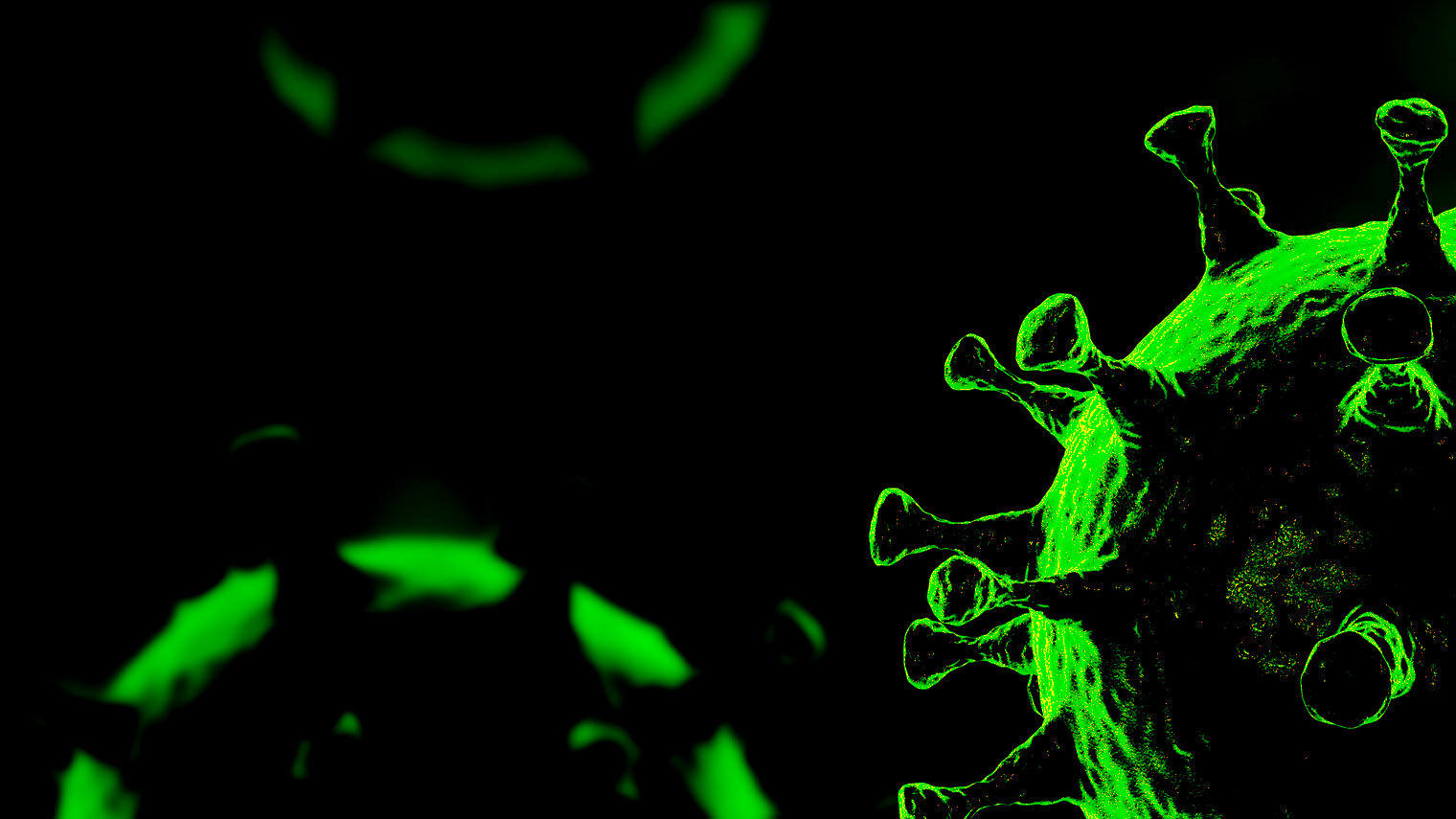Alcohol-free hand sanitizer and other quaternary ammonium disinfectants quickly and effectively
inactivate SARS-CoV-2
Summary:
Background: SARS-CoV-2 is the virus responsible for the current global pandemic, COVID-19. Because this virus is novel, little is known about its sensitivity to disinfection. Methods: We performed suspension tests against SARS-CoV-2 using three commercially available quaternary ammonium compound (Quat) disinfectants and one laboratory-made 0.2% benzalkonium chloride solution.
Findings: Three of the four formulations completely inactivated the virus within 15 s of contact, even in the presence of a soil load or when diluted in hard water.
Conclusion: Quats rapidly inactivate SARS-CoV-2, making them potentially useful for controlling SARS-CoV-2 spread in hospitals and the community.
Introduction
Coronaviruses are enveloped viruses that commonly cause upper respiratory tract infections in humans and animals. Four known coronaviruses cause the common cold in humans, while another three have caused deadly outbreaks in the past 20 years, including SARS-CoV-2, the agent of coronavirus disease 2019 (COVID-19). COVID-19 has been particularly devastating, thus enhanced disinfection and other preventative measures against SARS-CoV-2 have been adopted worldwide to limit its spread.
Because SARS-CoV-2 is both a novel virus and a biosafety level-3 (BSL-3) agent, disinfection data for this specific virus are scarce. Consequently, studies using other coronaviruses have been used to draw conclusions about which disinfectants are most effective against it. While this approach is useful, it is also inherently speculative, because even viruses within the same family can respond differently to a given disinfectant [1]. In addition, experts disagree about which disinfectants should work best against SARS-CoV-2, especially when it comes to quaternary ammonium compounds (Quats). For instance, one prominent review article reported that benzalkonium chloride (a Quat) was probably “less effective” against SARS-CoV-2, which was cited by the Centers for Disease Control (CDC) of the United States as a reason to avoid using benzalkonium chloride-based hand sanitizer products [2,3]. At the same time, the Environmental Protection Agency (EPA) of the Uni-ted States and Health Canada both list a benzalkonium chloride product on their official list of disinfectants recom-mended for use against SARS-CoV-2 [4]. Many nosocomial outbreaks of COVID-19 have been documented to date, and hospitals need laboratory-documented data for effective decontamination. Clearly, more research is needed in this area to help stem the current pandemic.
In this study, we tested 0.2% benzalkonium chloride and three commercial Quat disinfectants against SARS-CoV-2. The three commercial disinfectants we tested were Cavicide????,a widely used Quat hospital disinfectant; Clean Quick???? Broad Range Quaternary Sanitizer, a multi-use Quat disinfectant safe for food contact surfaces; and fluid extracted from Qimei???? Hand Sanitizing Wipes, a benzalkonium chloride household product. Specific details, including the compound used, the concentration tested, and the source for each dis-infectant are included in Table I. A suspension test method was used, and surviving virus was assayed using a plaque assay with Vero E6 (ATCC CRL-1586) cells. We found that all four compounds, except for Clean Quick, effectively inactivated SARS-CoV-2 within 15 s of contact and in the presence of organic soil loads. In addition, dilution of the disinfectants in hard water had no significant effect on virus inactivation.
You can read more and download a full PDF of this article by Clicking Here
Authors and Sources:
B.H. Ogilvie y, A. Solis-Leal y, J.B. Lopez, B.D. Poole, R.A. Robison, B.K. Berges*
Department of Microbiology and Molecular Biology, Brigham Young University, Provo, UT, USA

